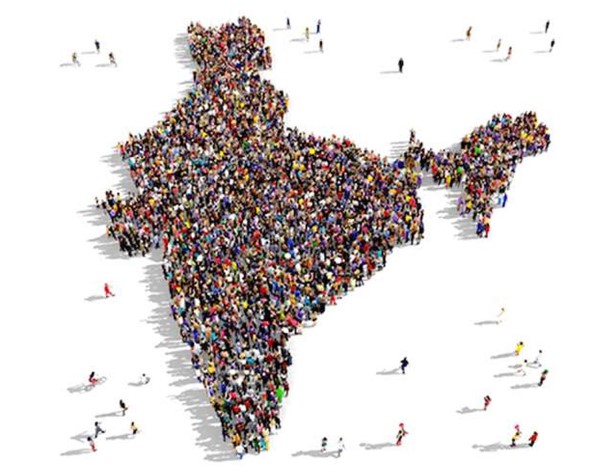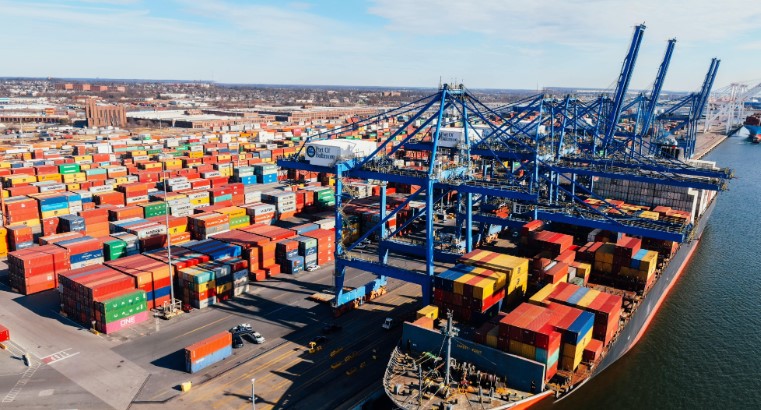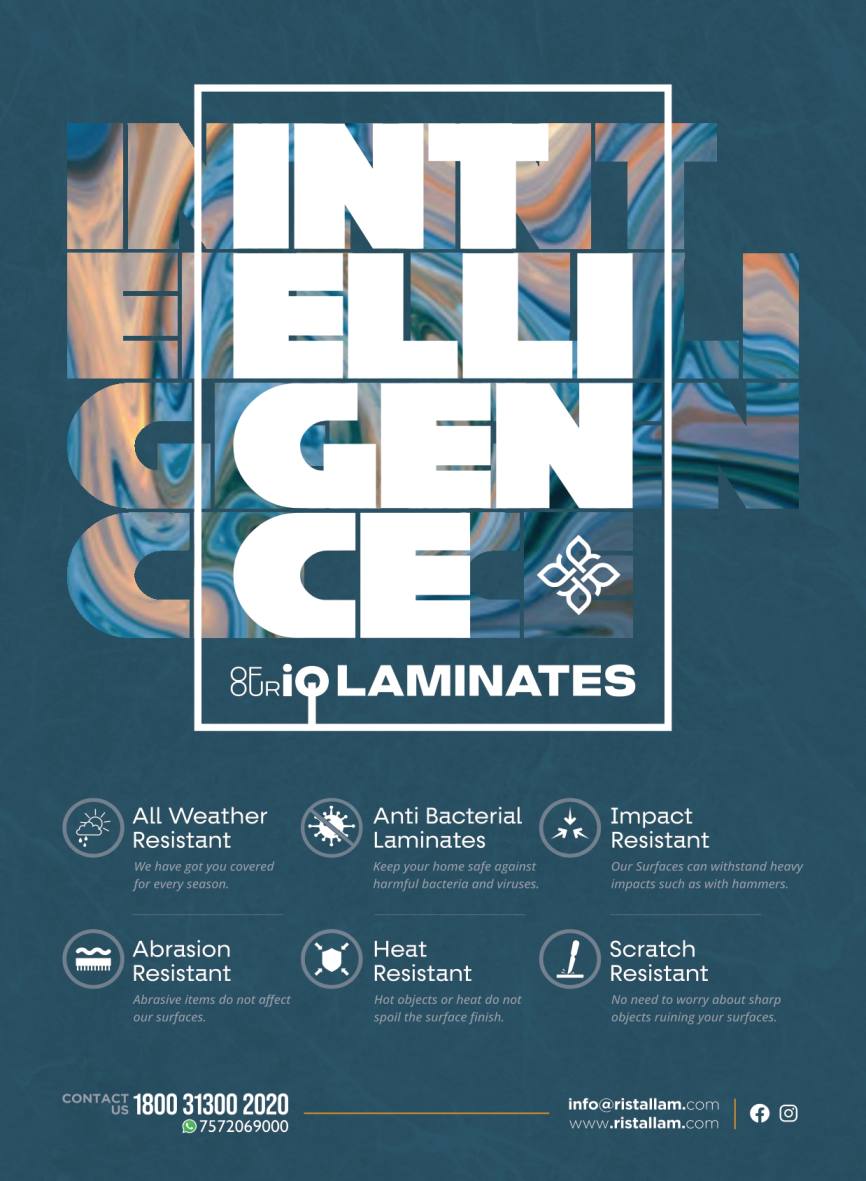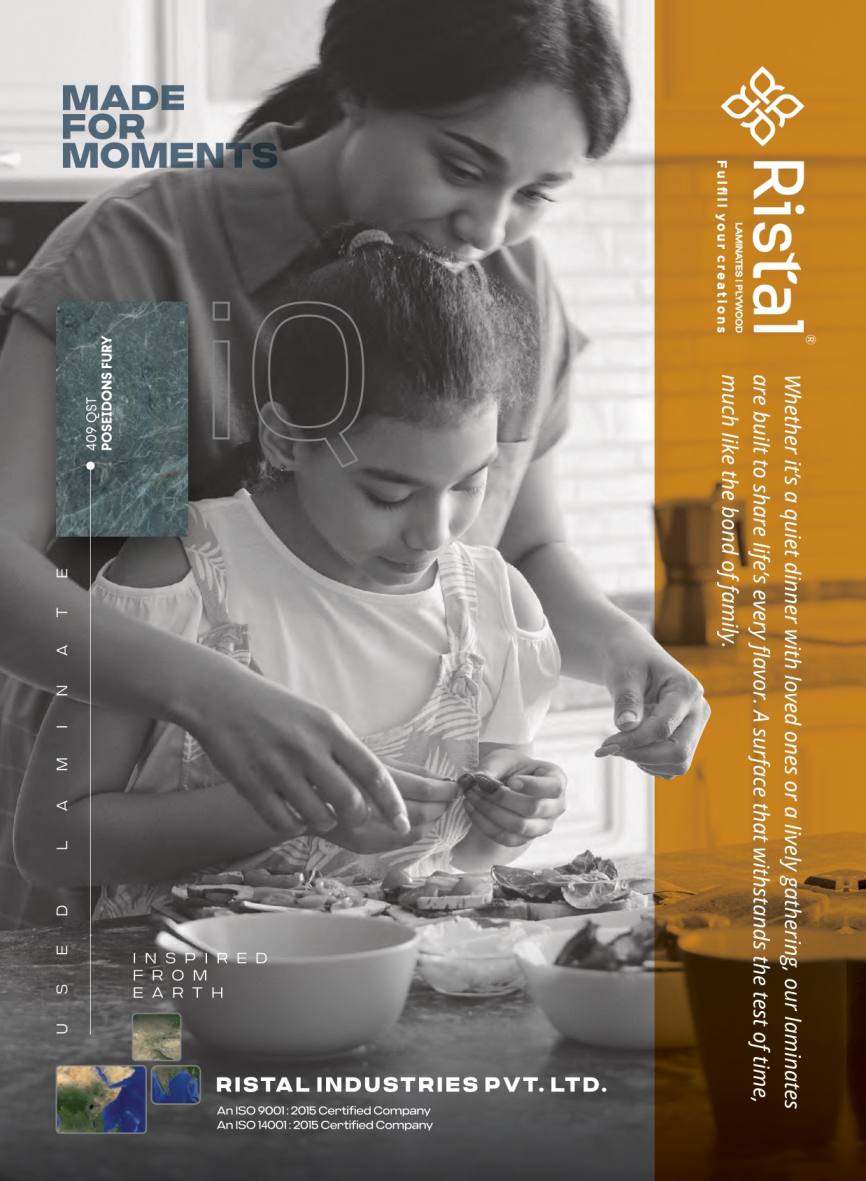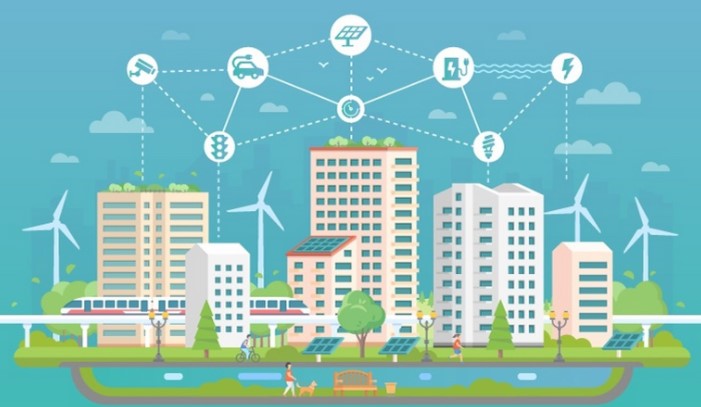
Urban prosperity and its role in sustainable development
- जुलाई 14, 2023
- 0
In a time when cities contribute more than 80% to the global Gross Domestic Product (GDP), attention is increasingly focused on financial measures beyond GDP for urban prosperity. If the benefits of urbanization are not evenly distributed among citizens, the estimated economic gains cannot guarantee prosperity. Therefore, efforts in terms of productivity, environmental conservation, social equity, livability, and quality of life take precedence over the advantages of urbanization.
In the wake of the COVID-19 pandemic, connecting prosperity with resilience has become crucial in urban areas. To achieve a positive urban future, we need to expand our scope and focus on revolutionary changes in urban areas, rather than just their growth.
Understanding and assessing the challenges that come with the ups and downs of urban areas is equally important from an administrative perspective. Various local government entities can undertake this task.
The concentration of urbanization and population growth in certain areas increases the risk of disasters. Additionally, in developed and developing countries over the past 50 years, urban planning and infrastructure have been reinforcing traditional forms of urbanization. While positive economic outcomes have been observed, they have not effectively addressed social and global environmental challenges.
Rapidly emerging countries are experiencing increased urbanization, leading to heightened activities surrounding cities. These activities are primarily informal, resulting in the expansion of urban areas and the transformation of many large cities into metropolises with major municipal corporations.
However, the problem with these areas is that energy usage is not in line with their full capacity, and environmental concerns are often overlooked. In order to address the globalenvironmental challenges associated with this new form of urban prosperity, such as climate change, excessive energy consumption, and water scarcity, attention should be given to ensure people’s lives are made easier.
शहरी संपन्नता और टिकाऊ विकास में इसकी भूमिका
ऐसे समय में जब वैश्विक सकल घरेलू उत्पाद (जीडीपी) में शहरों की भागीदारी 80 प्रतिशत से अधिक हो गई है, पूरा ध्यान जीडीपी से इतर वित्तीय उपायों पर केंद्रित होता जा रहा है। अगर शहरीकरण के लाभ और मूल्य नागरिकों में समान रूप से नहीं बांटे जाते हैं तो अनुमानित आर्थिक लाभ भी संपन्नता की गारंटी नहीं दे सकते हैं। इस लिहाज से उत्पादकता, पर्यावरण संरक्षण की दिशा में प्रयास, सामाजिक समानता रहन-सहन में सुधार और जीवन यापन से जुड़ी गुणवत्ता शहरीकरण के लाभ की तुलना में प्राथमिकता में पहले आते हैं।
कोविड-19 महामारी के बाद उत्पन्न परिस्थितियों के बीच शहरी क्षेत्रों में संपन्नता को वहनीयता को जोड़ना महत्त्वपूर्ण हो गया है। इस वजह से शहरी भविष्य का सकारात्मक स्वरूप प्राप्त करने के लिए हमें अपना दायरा बढ़ाना होगा और शहरीकरण की तरफ महज बढ़ने के बजाय शहरी क्षेत्रों में क्रांतिकारी बदलाव लाने की दिशा में बढ़ना होगा। व्यावहारिक दृष्टिकोण से शहरी क्षेत्रों में आने वाले उतार-चढ़ाव की दिक्कतों को समझना और उनकी समीक्षा करना समुचित प्रशासनिक कार्यों के लिहाज से भी उतना ही महत्त्वपूर्ण है। विभिन्न स्थानीय सरकारी इकाइयां यह कार्य कर सकती हैं।
बढ़ते शहरीकरण और आबादी के एक जगह सिमटने से आपदाओं का जोखिम बढ़ता जा रहा है। इसके अलावा, पिछले 50 वर्षों के दौरान विकसित एवं विकासशील देशों में शहरी योजना एवं ढांचा शहरीकरण के पुराने प्रारूप को दोहराते आ रहे हैं। हालांकि इस स्वरूप के अच्छे आर्थिक परिणाम भी दिखे हैं मगर इसके जरिये सामाजिक और वैश्विक पर्यावरण संबंधी चुनौतियों से सही तरीके से नहीं निपटा जा सका है।
तेजी से उभरते देशों में बढ़ते शहरीकरण की वजह से शहर के इर्द-गिर्द भी गतिविधियां तेज हो गई हैं। ये गतिविधियां मुख्य तौर पर अनौपचारिक हैं। इनका नतीजा यह है कि शहरी क्षेत्रों का क्षेत्रफल बढ़ता जा रहा है और कई बड़े शहर महानगरों का रूप ले चुके हैं और बड़े नगर निगम बन गए हैं।
मगर इनके साथ समस्या यह है कि इन क्षेत्रों में ऊर्जा इस्तेमाल पूरी क्षमता के अनुसार नहीं हो रहा है और पर्यावरण का ध्यान भी नहीं रखा जा रहा है। शहरी संपन्नता के इन नए स्वरूप को वैश्विक पर्यावरण संबंधी चुनौतियों जैसे जलवायु परिवर्तन, ऊर्जा का अंधाधुंध इस्तेमाल और जल की कमी से भी निपटना चाहिए ताकि लोगों का जीवन आसान हो सके।

